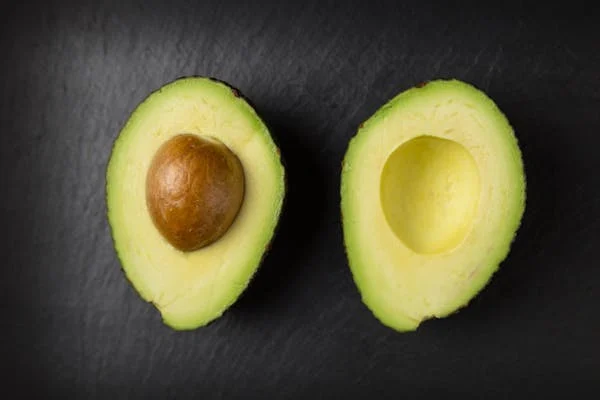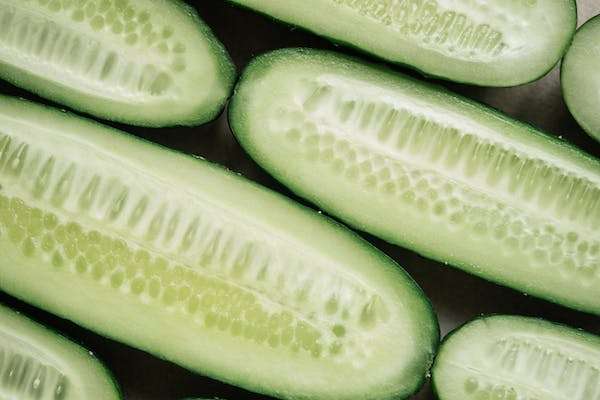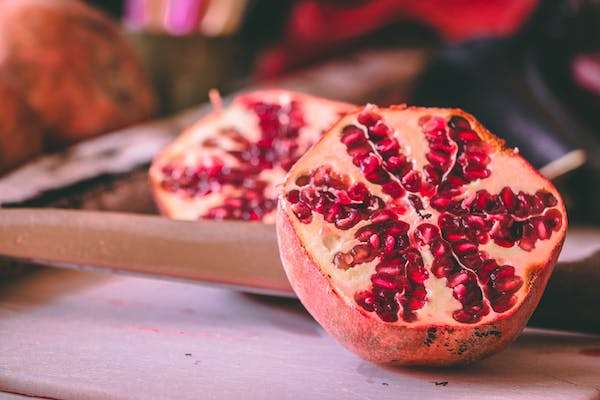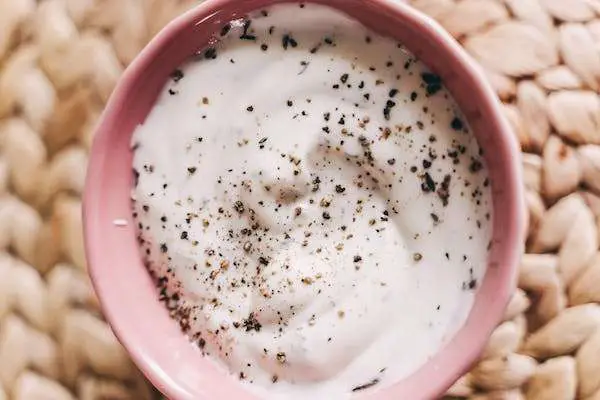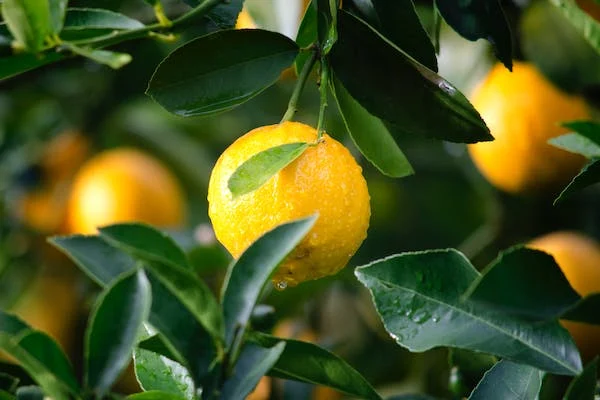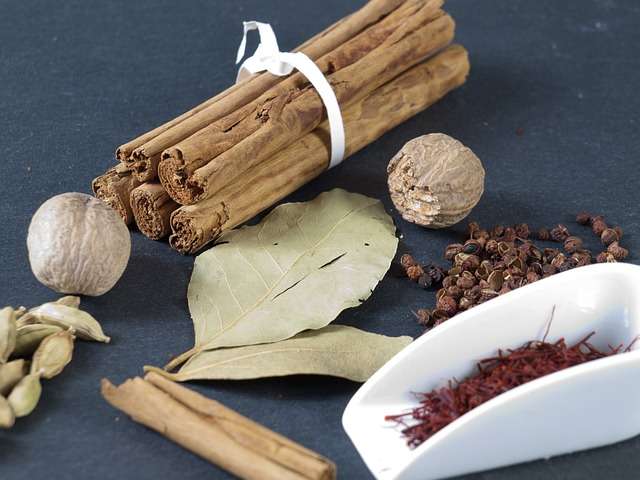Mango and Avocado Smoothie Benefits: A Nutritional Powerhouse
Introduction of Mango and Avocado Smoothie Benefits: Smoothies have gained popularity in recent years as more individuals look for quick and wholesome methods to enhance their diets. Smoothies provide a flexible and adaptable method to incorporate a range of fruits, vegetables, and other wholesome components into one delectable beverage, making them ideal for a quick breakfast, a filling snack, or a post-workout refreshment. Many people find it difficult to eat the required daily amounts of fruits and vegetables because of the frenetic pace of modern living. Smoothies offer a practical answer by blending preferred food into a form that is portable and simple to drink Nutritional Profile of Mangoes and Avocados: A. Detailed Breakdown of the Nutritional Content of Mangoes: Mangoes are not only incredibly tasty but also a great source of important nutrients. One cup (165 grams) of sliced mango provides around 67% of the daily necessary intake of vitamin C and 10% of the daily recommended intake of vitamin A, making them a good source of both vitamins. While vitamin A promotes vision, the immune system, and skin health, vitamin C is essential for collagen formation, immune system function, and skin health. Mangoes also include a lot of dietary fiber—about 3 grams per cup. Fiber facilitates fullness perception, aids in digestion, and helps control blood sugar levels. In addition, mangoes have lower concentrations of minerals like potassium and magnesium as well as vitamins B6, E, and K. B. Detailed Breakdown of the Nutritional Content of Avocados: Avocados’ remarkable nutritional profile has led to them being heralded as a superfood. They are especially well-known for having a high concentration of oleic acid, one of the heart-healthy monounsaturated fats. Smashed avocados provide about 21 grams of fat per cup (150 grams), of which just 3 grams are saturated fat. Monounsaturated fats have been linked to a lower risk of heart disease and a decrease in LDL (bad) cholesterol levels. Avocados are also a good source of B vitamins like folate and B6, as well as vitamins K, C, and E. They also supply nutrients like magnesium, which promotes muscle and nerve health, and potassium, which is necessary for sustaining appropriate blood pressure levels. Avocados are a good fit for low-carb and ketogenic diets because they only contain about 12 grams of carbs per cup. Additionally, they provide about 9 grams of dietary fiber per cup, which facilitates satiety and aids in digestion. Explanation of How These Nutrients Contribute to Overall Health: Mangoes and avocados are nutrient powerhouses that people can simply consume in a tasty and easy way by adding them to smoothies. This will ensure that people satisfy their daily nutritional needs and maintain maximum health. 1. Immune System Assistance: Give a brief explanation of how vitamin C, which is found in large amounts in mangoes, functions as an antioxidant to boost the immune system and combat free radicals. You might also emphasize that the antioxidants in both fruits might support immune system performance in general. 2. gastrointestinal well-being: Talk about the importance of fiber, which is found in both avocados and mangoes. Describe how fiber improves gut health and regularity, which aids in digestion. 3. Cardiovascular Health: Bring up the beneficial monounsaturated fats that are present in avocados. Give a brief explanation of how these fats can improve heart health by lowering bad cholesterol (LDL) and raising good cholesterol (HDL). 4. Energy Boost: Describe how the beneficial fats in avocados, which have a slower rate of digestion than natural sugars in mangoes, provide longer-lasting energy. 5. Optional Skin Health: Mention in passing the potential advantages of antioxidants and vitamins (such as A and C) in both fruits for maintaining good skin. You can briefly discuss their function in the synthesis of collagen and defense against solar damage. Mango and Avocado Smoothie : Combined with mango, which has antioxidants that fight leukemia and colon, breast, and prostate cancer; lots of fiber; and lots of vitamin C that helps lower serum cholesterol levels, avocado juice becomes even more nutritious. Ingredients 1 cup mango, peeled and cut into small pieces 1 avocado, peeled, stoned, and cut into small pieces 1/4 cup milk 2 tablespoons honey 2 teaspoons lemon juice Blend the ingredients until smooth and add avocado or mango slices to the glass as a topping. Two things you should follow When removing the skin from your avocado, be sure to peel it to preserve the green color of the flesh near the skin. Instead of using sugar to sweeten your smoothie or juice, use naturally sweet fruits or even honey instead of sugar. Why does avocado give a lot of energy? A study comparing the nutritional value of 10 fresh juices reported that avocado juice was the best source of energy and was also rich in potassium. While the edible portion of regular fresh fruit averages about 175 to 400 calories per pound, avocados contain about 600 calories per pound. Balance bad fats But the high calories aren’t a concern because the vitamins, minerals, and protective anti-cholesterol oils they contain balance out the harmful saturated fats you consume through foods like bacon, butter, whole milk, and cream. A glass of avocado juice cleanses the body, strengthens immunity, and increases metabolism. Absorb essential nutrients Additionally, not only does the fruit contain all the essential nutrients like protein, minerals, vitamins, and heart-healthy monounsaturated fats and omega-3 fatty acids, it also helps in absorbing essential nutrients like carotenoids from your food. This low-sugar, high-fiber fruit is a must-have in your weight-loss diet. Reduce the risk of metabolic syndrome Eat more vegetables and good dietary fiber to get more vitamins like E and K, potassium, good monounsaturated fats and magnesium, and lower extra sugar intake due to the monounsaturated in avocados Fatty acids, weight measured by waist circumference, BMI, and central adiposity and higher HDL cholesterol levels were associated with a 50% lower risk of metabolic syndrome. Conclusion: In conclusion, the nutritional prowess of mangoes and avocados makes them indispensable ingredients for promoting health … Read more
